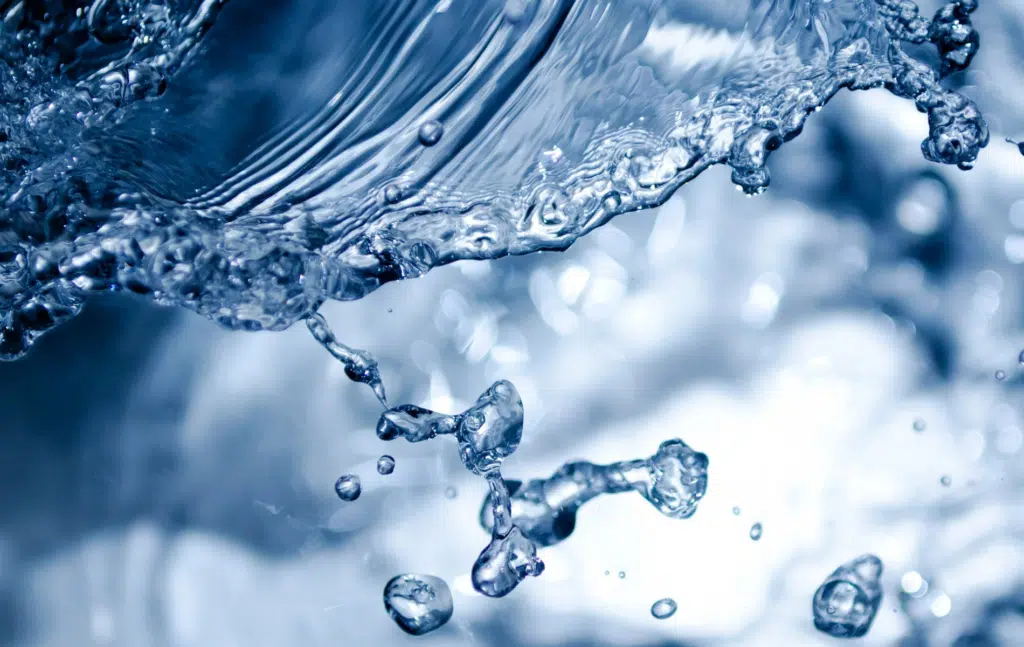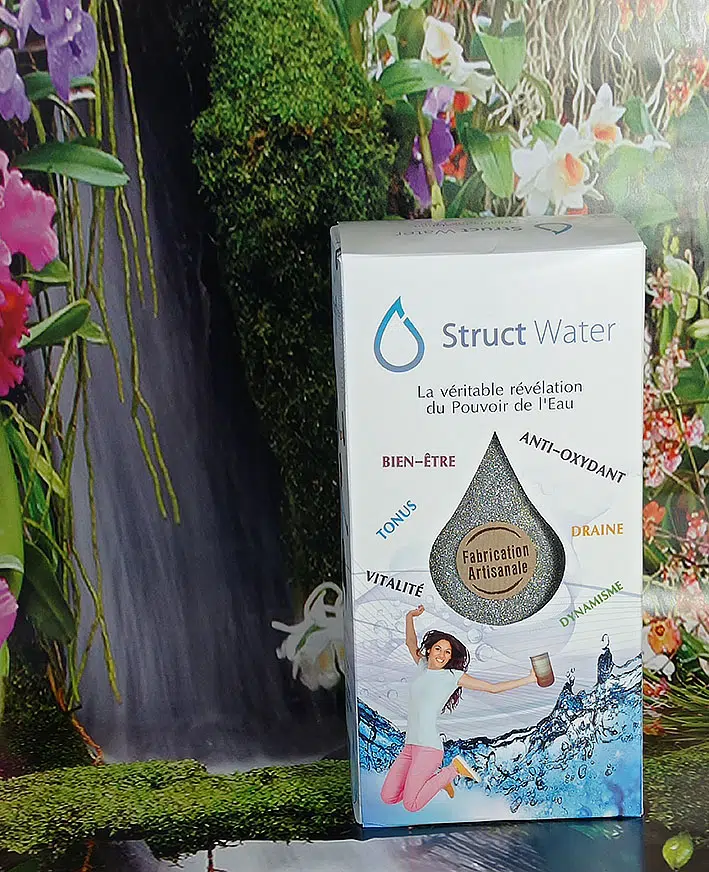Why is water vital?

Around 3 billion years ago, water appeared in the form of single-celled microorganisms. Time passed, cells developed and the world took on the shape we know today.
Since the dawn of time, this natural element has made up a major part of not only our bodies , but also our world! An essential constituent for all living beings, it feeds plants, hydrates animals, irrigates our cells, gets rid of toxins, refreshes us... We can't do without it.
Water is life!
The importance of water for the human body
From our first breath on earth to our last, water is vital to our survival. We find it in our daily diet and hydration, of course, but also around us and in various natural situations. Over the course of our lives, our average water consumption has been estimated at 60,000 liters.
Of course, our bodies can't store it all, so we eliminate it as we go, through urine, perspiration and breathing.
Our life begins in water, in our mother's womb. Then, it assumes different roles such as thermoregulator, protector, transmitter, transporter, cleaner, irrigator, in order to help us breathe and protect ourselves, and to live!
- Its energizing role: it is involved in many of the chemical reactions produced in our body. It is involved in thermal regulation, helping to maintain a constant body temperature through perspiration.
- Protective: it supports our white blood cells and antibodies.
- Transmitter: it manufactures the ions needed by our nervous system to transmit nerve impulses and hormones. It is 80% composed of them!
- Transporter: it transports our blood cells and nutrients, eliminating, recovering and recycling them during digestion. It transports all cells and essential substances, such as mineral salts, to our heart.
- Cleanser: it helps cleanse the body by facilitating the work of the kidneys and the evacuation of urinary waste.
- Irrigator: it manufactures nutrients, globules and cells, which it irrigates into our skin by structuring matter through hydrophilic and hydrophobic mechanisms.
In addition to being the essential constituent of our cells (40%), water occupies the intercellular space. The rest is contained in blood and lymph.
The composition of a water molecule
The water molecule is composed of one oxygen atom and 2 hydrogen atoms. Its diameter is 0.15 nm. The oxygen atom is surrounded by 8 negative electrons and 2 hydrogen atoms, each surrounded by a positive electron.
All the matter that surrounds us, whether liquids, food or natural elements, is made up of at least one water molecule with the composition we know. It's made up of specific cells that are themselves made up of molecules that communicate with each other via billions of connections!
The water molecule is no longer a mystery, thanks to the many studies that have been carried out, but today, questions are more focused on the many uses we can make of it thanks to its energy, particularly for magnetic treatments. Electronic water is rich in electrons with an electro-negative charge...
Which water to drink?
At Struct'Water, our daily advice is to consume water that has all the natural properties of spring water: structured water.
Far from the water we're used to serving from our taps, far from toxic and polluting waste, far from plastic bottles, it offers a host of benefits thanks to a molecule composition that's just right for our bodies.
It improves the microbiota, vitality and energy, improves intestinal transit and the immune system, and acts as a drainer... In short, it supports the entire functioning of our organism.
If you're going to drink water every day, why not drink quality water ?
For quality water, order your Struct'Water! The different fields of action act on the physical, etheric, astral and mental bodies.

water structurer Struct'Water
- 5-year warranty
- Lifespan 50 years
- Water ready to drink in 1h30
Are you interested in the Struct'Water concept?
Don't hesitate any longer and order your water structurer now and quickly benefit from the benefits of structured water. Secure payment and fast delivery to your home or pick-up point.
You can contact us for any questions and necessary information, our team is here for you.
